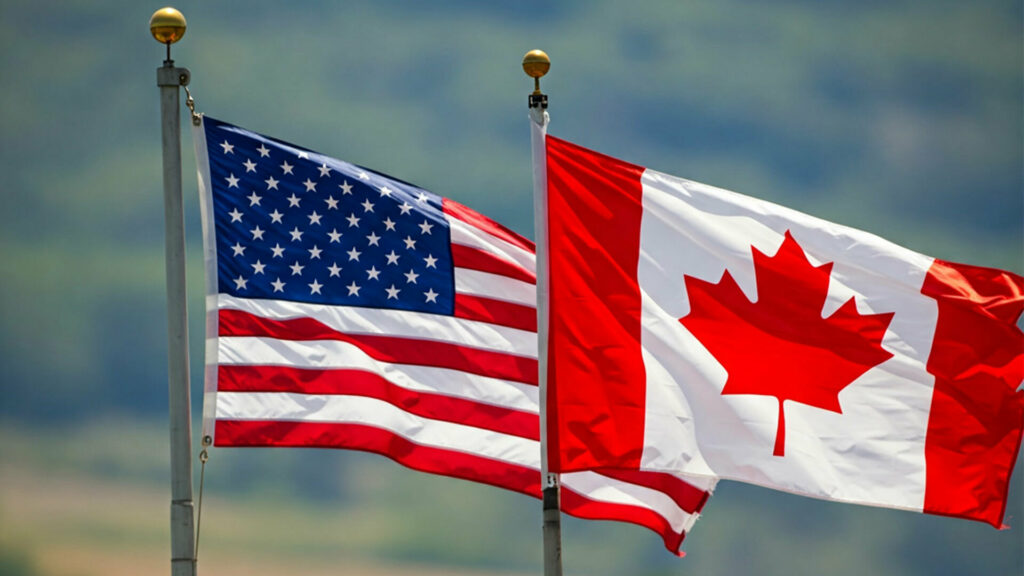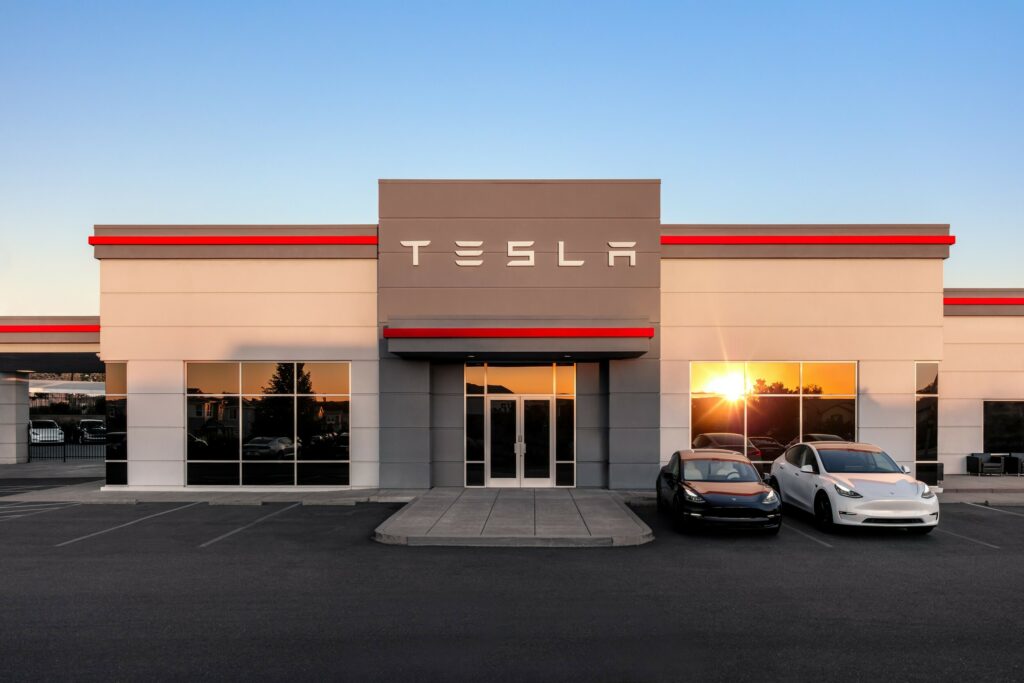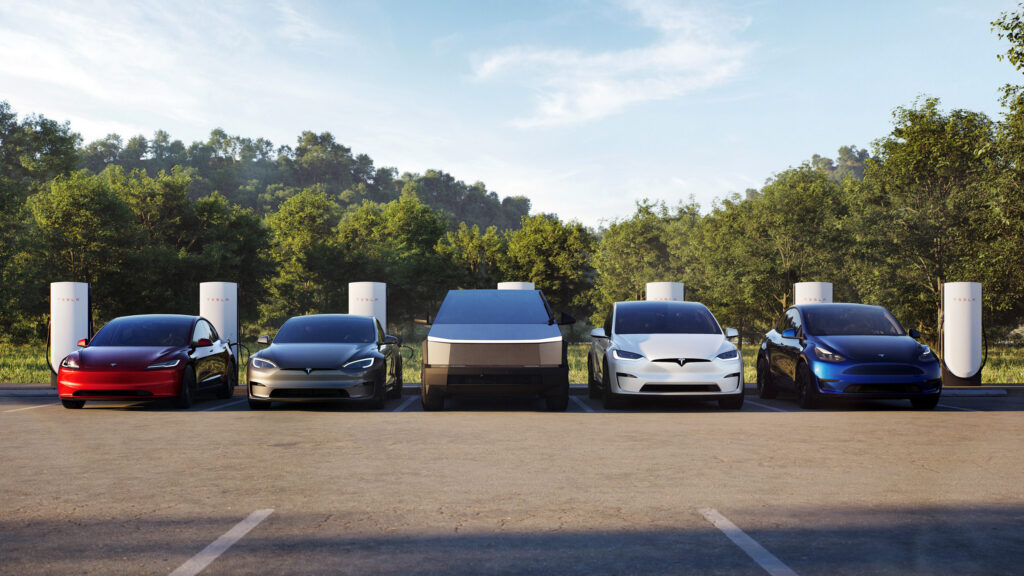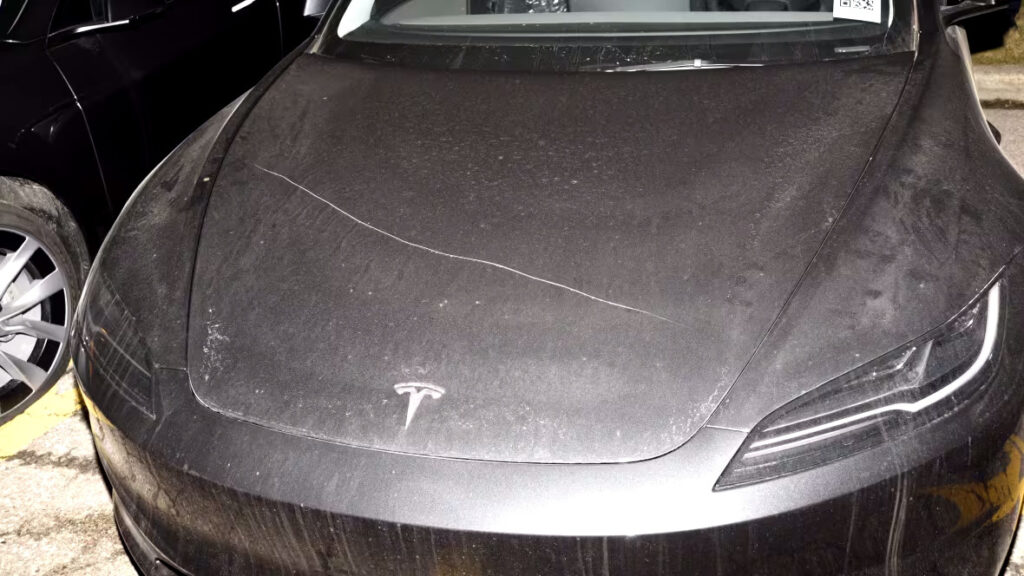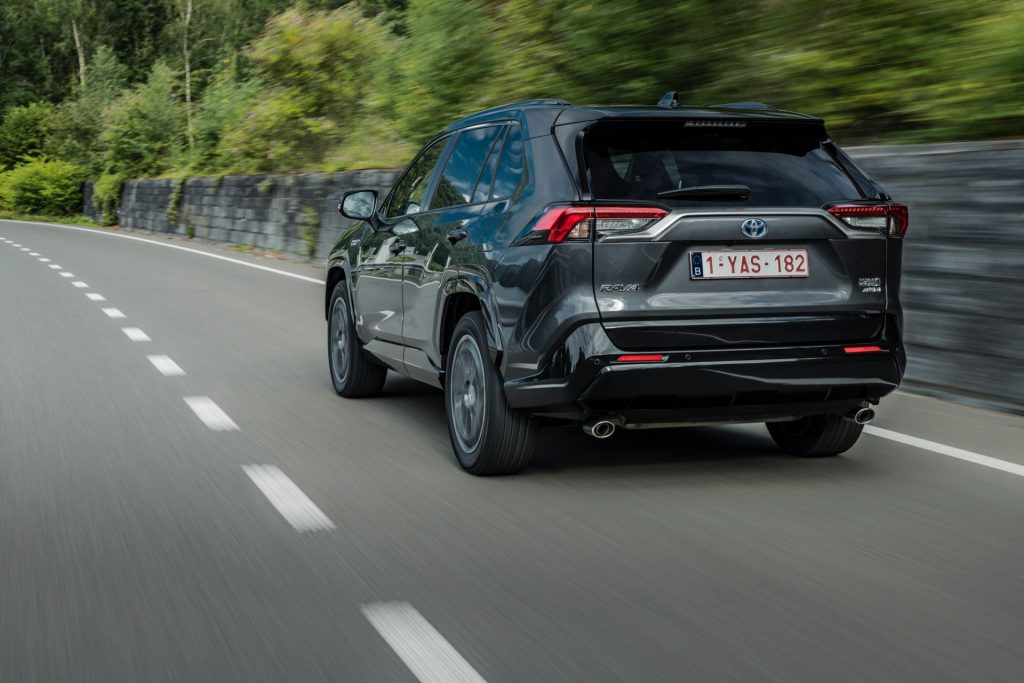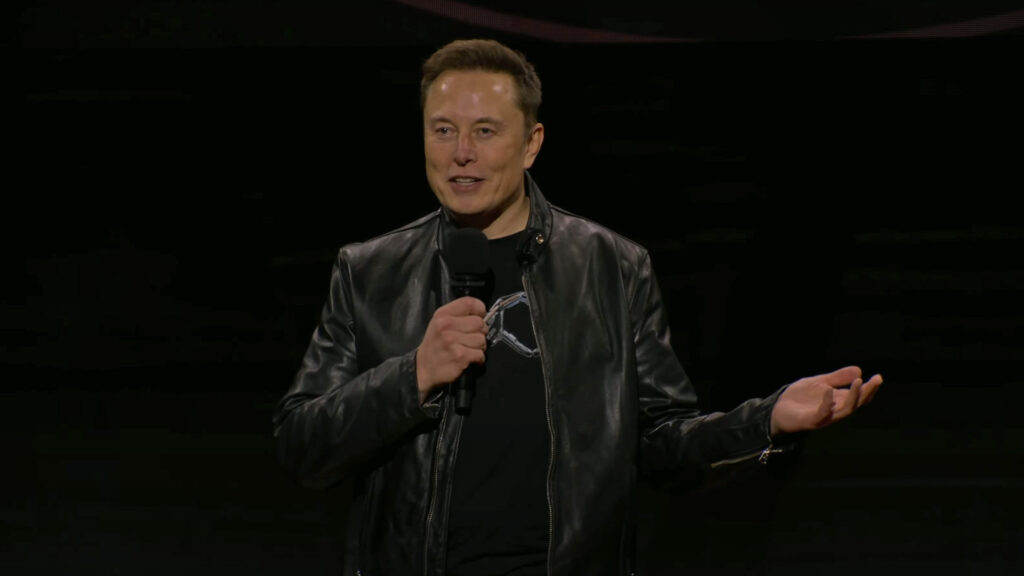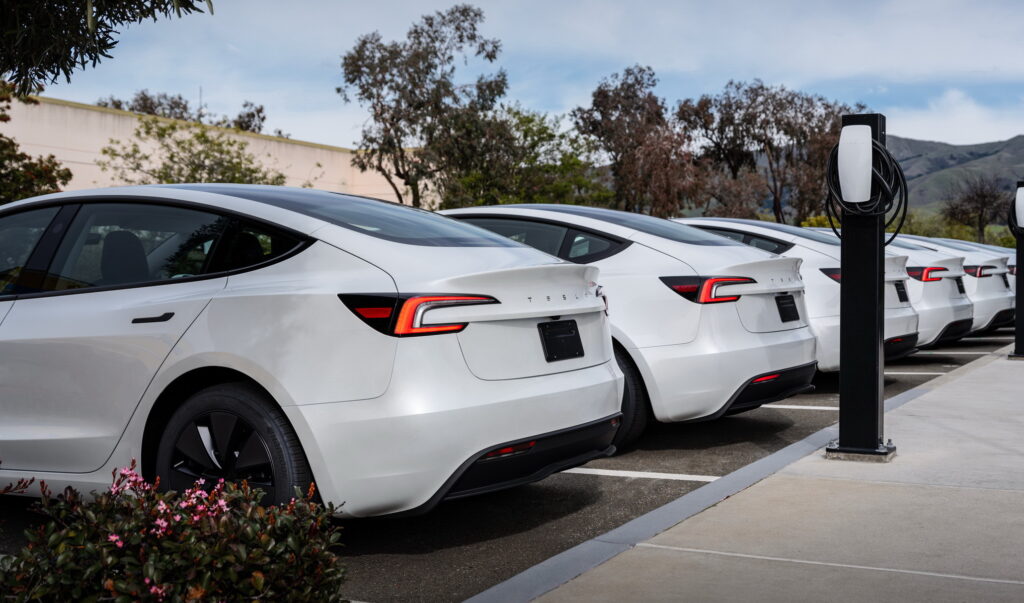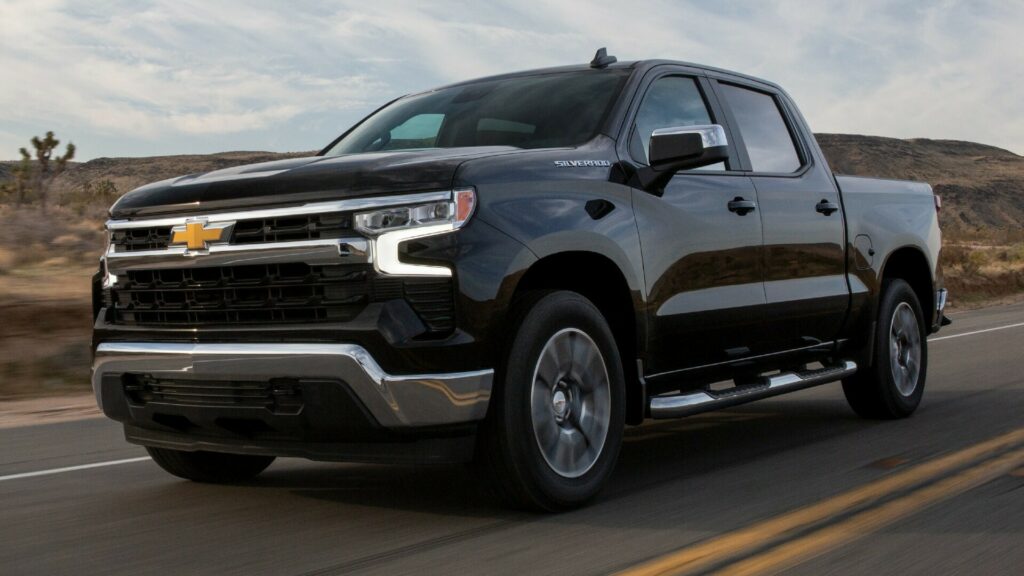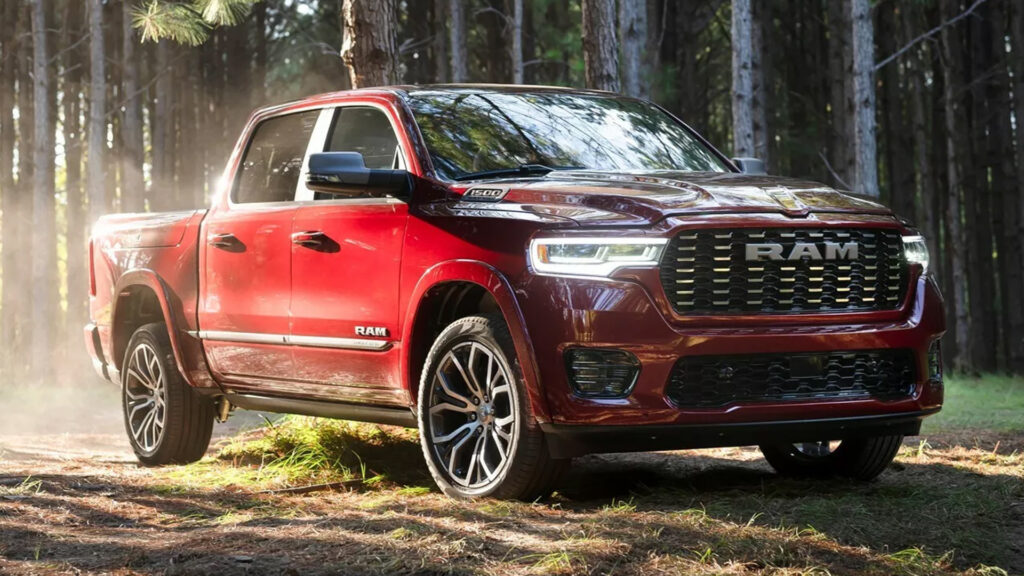Canada May Now Need BYD Investments After Trump Tariffs – But Is It Too Late?
- The country has been cautious of Chinese companies for national security reasons.
- BYD could bring its affordable electric vehicles to Canada, but there are no guarantees.
- After being rejected by Canada, BYD has looked elsewhere for its investments.
As Canada braces for the impact of steep 25% tariffs on vehicles it exports to the United States, a missed opportunity is coming back into focus. Chinese automaker BYD reportedly expressed interest in investing in Canadian manufacturing but backed off after encountering significant pushback. With Trump’s new tariffs set to take effect on April 2, some are now wondering if Canada might need BYD more than it realized.
More: Canada Freezes Musk’s $43M Tesla EV Rebate Claim After Rapid-Fire Sales, Bans Future Subsidies
China’s ambassador to Canada, Wang Di, said moves made by the Canadian government have “seriously dampened” the confidence of Chinese companies to invest locally. For example, three Chinese mineral firms have been ordered to divest their assets, TikTok’s Canadian branch has been closed, and AI firm DeepSeek has been banned, all in the name of national security.
Why Canada Shut the Door on BYD
This hardline approach toward Chinese firms—including BYD—has been framed as a move to protect domestic industry, ensure national security, and align with US concerns. American officials, including former President Biden, had warned that Chinese automakers might try to use Canada as a backdoor into the US market. But with President Trump reimposing tariffs, the rationale for walling off Chinese investment may be shifting.
A recent report by The Logic suggests that if US-Canada trade alignment is no longer a priority, Canada might do well to reconsider its position. Letting BYD invest could bring clear benefits, especially with Canadian auto jobs now potentially at risk.
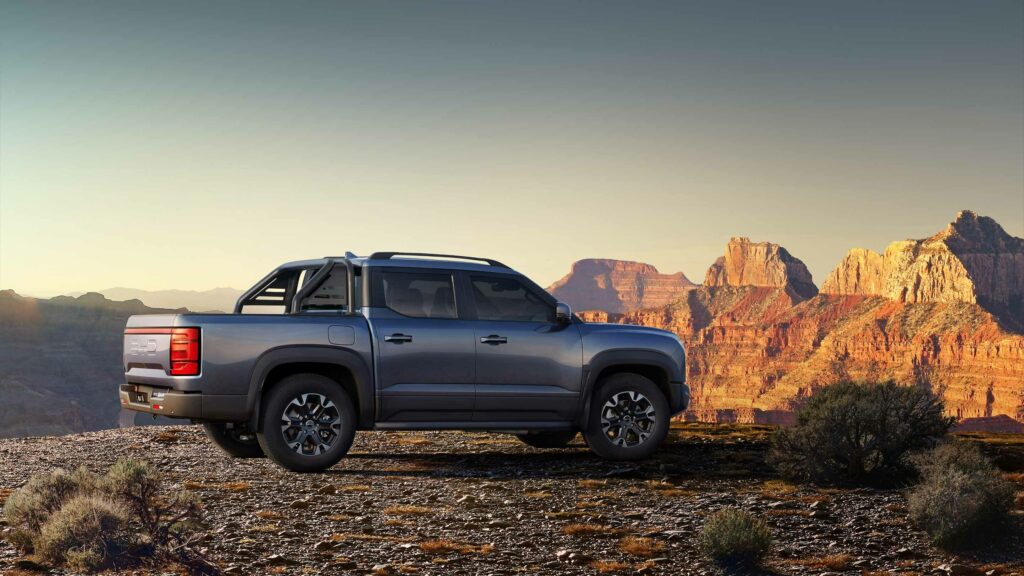
“BYD had carefully thought about coming to Canada to make investment. But they met huge difficulties, restrictions and obstruction, and they had to give up the idea of investing in Canada. And I heard that they have moved to other countries, and they have been very successful there,” Wang Di told The Globe and Mail.
Read: Chinese-Owned EV Brands Gain Momentum In Europe, Collectively Outsell Tesla
“If BYD was successful in investing in Canada, then I think the result would be the Canadian consumers would have been able to enjoy the EVs with the latest technology, with very good quality and with a cheaper price. Isn’t that a good thing?,” he added.
Too Little, Too Late?
If Trump’s tariffs force car manufacturers to shift more of their production to the United States, countless jobs could be lost throughout Canada’s auto manufacturing sector. Now, it’s Canada that may need BYD more than the Chinese automaker needs it.
However, that ship might have already sailed. According to BYD spokesperson Frank Girardot, BYD does not have any plans for manufacturing in Canada and will simply continue to service the company’s buses that some transit operators in the country use.
